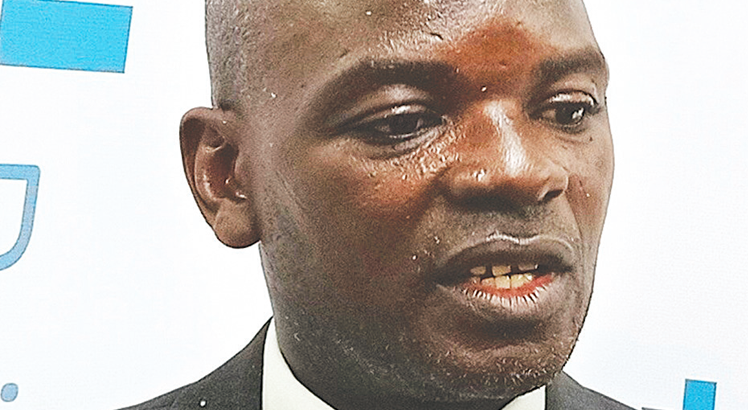Net remittances onthe decline—RBM
Some Malawians living in diaspora continue to shun official remittance channels opting for the parallel market, a situation experts have attributed to tight foreign exchange controls.
Published Reserve Bank of Malawi (RBM) data shows that on average, net remittances have declined from $20 million in 2019 to $5 million in 2023.
In an interview on Tuesday, Blantyre-based Cynthia Mala, whose husband is based in South Africa, said in the two years that she has been receiving financial assistance from her husband, it was only the first three months when money was sent through formal channels.
She said: “It is more expensive to receive the money via formal channels than it is just to send through a person.
“For example, my husband used to spend about K1 200 for each K10 000 considering the processes involved. So, we just opted to use transporters and save the little we can for upkeep.”

Speaking separately, United Kingdom-based Andrew Banda said they link with those who have money available in Malawi in exchange for pounds.
“It is much cheaper and faster that way,” he said.
According to the 2019/20 Integrated Household Survey, 4.6 percent of Malawian households received international remittances.
The median amount received was K50 000 a year while the mean was K154 000. This implies a national total of approximately $38 million.
Asia-based Malawian economic statistician, Alick Nyasulu observed that as long as Malawi continues to have tight foreign exchange controls, most foreign currency transactions will continuously shift to the parallel market which is swift in international trade.
He said: “There is need to strike the right balance in these controls while acknowledging that increasing the export base is the fundamental solution to earning foreign exchange.
“The controls are akin to treating symptoms instead of dealing with the root issue.”
But RBM spokesperson Mark Lungu said while the exchange rate was adjusted to correct the misalignment, which should be an incentive to allow those who want to send money use formal channels, the central bank is working on bringing more remittances using formal channels.
He said: “In addition, there are initiatives to streamline documentation and paperwork on opening diaspora accounts in commercial banks without compromising on due diligence and know your customer requirements.
According to the International Fund for Agricultural Development, over 50 percent of remittances are sent to households in rural areas where 75 percent of the world’s poor live.





